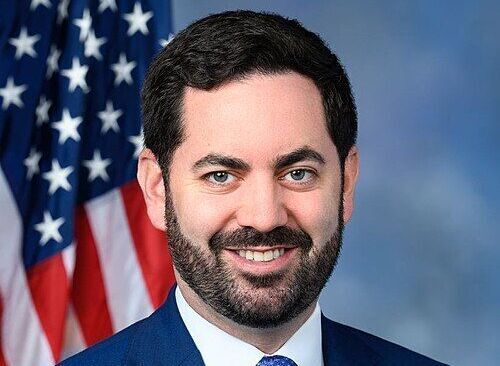The Republican primary debates have been an opportunity to catch a glimpse of the soul of America or, some might argue, the lack thereof. The topsy-turvy nature of the race demonstrates that democracy is aliv, though, with the unbridled spending now allowed by Political Action Committees, it may be less than kicking.
And yet, it wasn't until President Obama's State of the Union speech coincided with the debates in Florida that we were able to clearly identify the two contrasting fountainheads of American political life: the individual and community.
For sure, one can't survive without the other, but the degree of emphasis placed on either defines an era and its people.
The Gaelic clan system favored community and both saved and nourished the Irish when they landed on the often hostile shores of North America.
Forget about the melting pot! The Irish clung together in their neighborhoods, voted for their own, and within a couple of generations were running the great cities of the Eastern seaboard.
Eventually they left for the suburbs, loosened their ironclad Democratic affiliation and began to take sides in the great battle between individual and community that's been fought since the birth of this republic.
The real problem in the U.S. right now is not that we differ on the proper balance between the individual and community, but that we are unable to conduct a dialogue on the matter. We have allowed ourselves to be railroaded by political partisanship. For me, the alarm bells sounded with the refusal of both parties to deal with the suggestions made by the Bowles-Simpson National Committee on Fiscal Responsibility Reform.
God knows the committee's report was far from perfect, but it could have served as a platform for debate.
It would have meant Republicans swallowing increased taxes, reduced defense spending, and the possibility of legislative success for President Obama.
Democrats, for their part, would have had to antagonize unions by cutting both the federal workforce along with entitlements, and raising the Social Security retirement age. Unsurprisingly, neither side had the stomach for confronting their bases with a presidential election in the offing.
But it's the sheer inability to even have a discussion that's frightening. Depending on one's political point of view, society has little other function but to deliver profit, or the U.S. is fast becoming a European-style welfare state. All that being said, whether you favor the Tea Party, the Occupy Wall Street Movement - or curse the day you heard of both - there is an important question that begs asking: does our present corporate system bear any responsibility to the nation's citizens?
In other words, if more bucks are to be made overseas, is that where U.S. factories should be built?
Apple claims that it set up its manufacturing plants in China because there are not enough trained engineers available in the U.S. If that's the case then why shouldn't Apple spend some of its vast profits paying for U.S. citizens to attain engineering degrees?
To balance that form of community-minded thinking, I have a friend - an unabashed member of the one percent - who feels that young people should be encouraged to save and invest for their own medical care and retirement and that they would do a far better job than any government.
By the way, this citizen is by no means heartless and feels that the government should operate welfare programs for the poor and those unable to look after themselves. However, he considers the mere idea of Apple having any responsibility to the American public to be Soviet claptrap. And yet, with social mobility at its most static in generations and financial inequality growing by the minute, the current national balance between the individual and community is obviously off-kilter.
When full employment returns - as it will someday - lower paid service jobs will have replaced many manufacturing and white-collar positions leading to increased social tension and inequity. Isn't it about time we stepped back and took a look at the forest rather than bumping our heads off partisan trees? We might discover a way out of the morass we are surely heading into.








